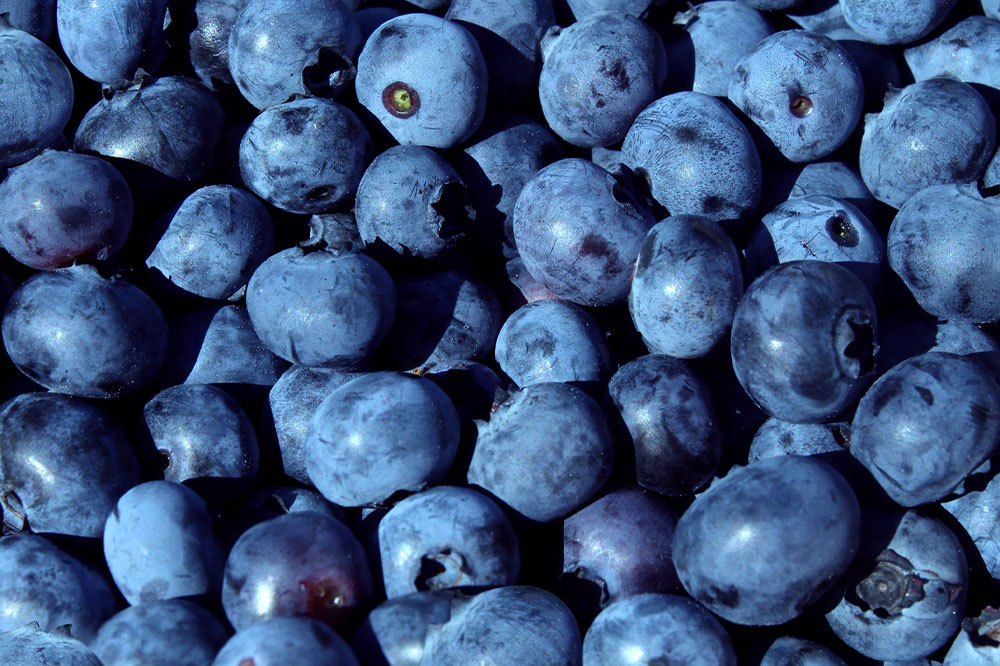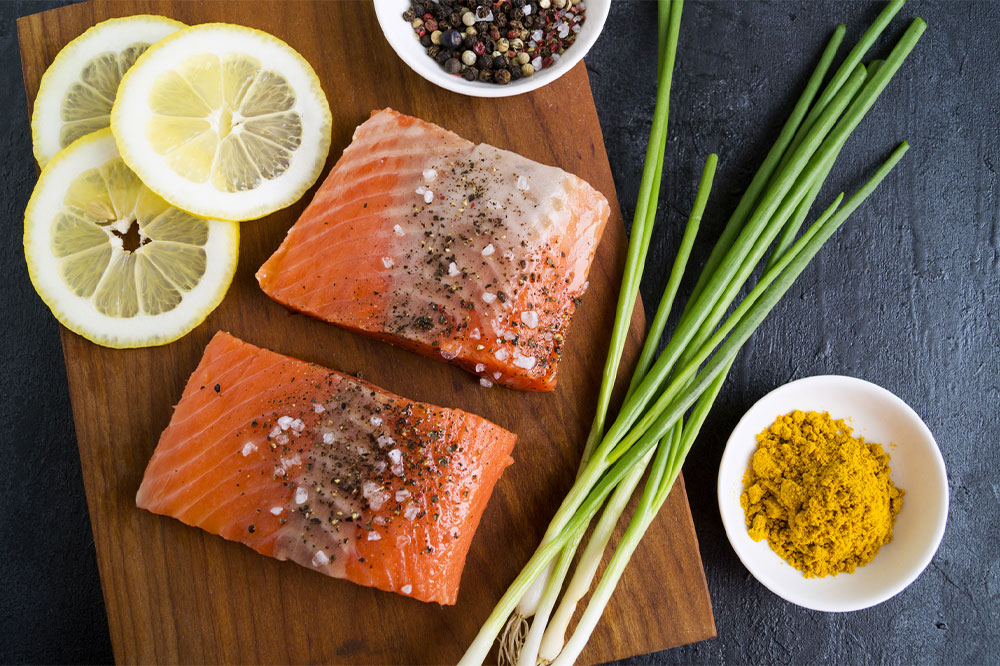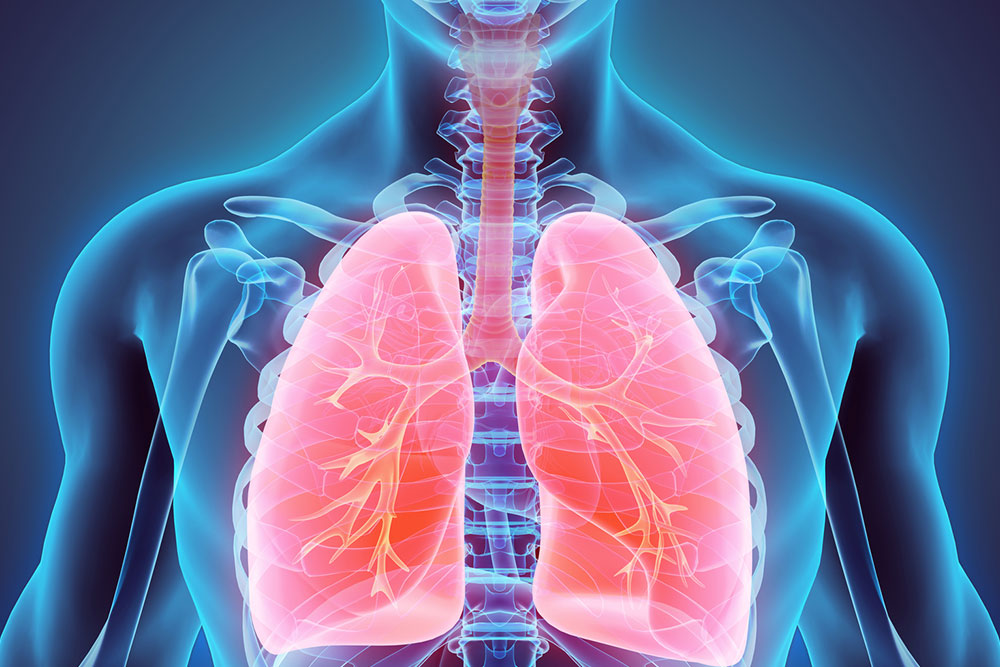Top Foods That May Help Combat Lung Cancer
Discover key foods that may support lung cancer prevention and treatment. This article highlights the potential benefits of pears, green tea, fatty fish, ginger, carrots, and oysters, emphasizing the importance of professional medical guidance when considering dietary changes for lung health.

Many studies highlight foods that could play a role in preventing or fighting lung cancer, yet only a select few focus directly on their therapeutic benefits. Since lung cancer is highly serious, consulting a healthcare professional before making dietary changes is essential. Foods with potential anticancer properties include:
Pears
Research indicates that phloretin, found in pears and apples, can trigger death in lung cancer cells and boost the effectiveness of chemotherapy drugs like cisplatin. Phloretin may also reduce lung fibrosis.
Green Tea
Green tea is linked to lung cancer prevention and can be beneficial for patients. Opt for caffeine-free options if sensitive, and avoid dairy additives that may diminish its protective effects.
Fatty Fish
Rich in vitamin D, fatty fish like salmon, mackerel, and herring support overall lung health. Adequate vitamin D levels are crucial as deficiency can lead to various health issues.
Ginger
Ginger contains 6-shogaol, a compound proven to prevent lung cancer development and reduce metastasis risk. Consuming ginger as tea or crystallized form can be beneficial.
Carrots
High in chlorogenic acid, carrots may disrupt cancer cell blood vessel growth, hindering tumor expansion and affecting lung cancer pathways.
Oysters
The zinc in oysters plays a vital role in combating lung cancer and can enhance chemotherapy effects like those of Taxotere. Vegetarians can consider zinc-enriched cereals.
Other helpful foods include pineapples, strawberries, potatoes, apples, flaxseed, capers, berries, red grape juice, tomato sauce, and watercress.
Note: The information shared here is for educational purposes. Always seek medical advice before altering your diet or treatment plan. The site may not reflect all available options or latest research.










